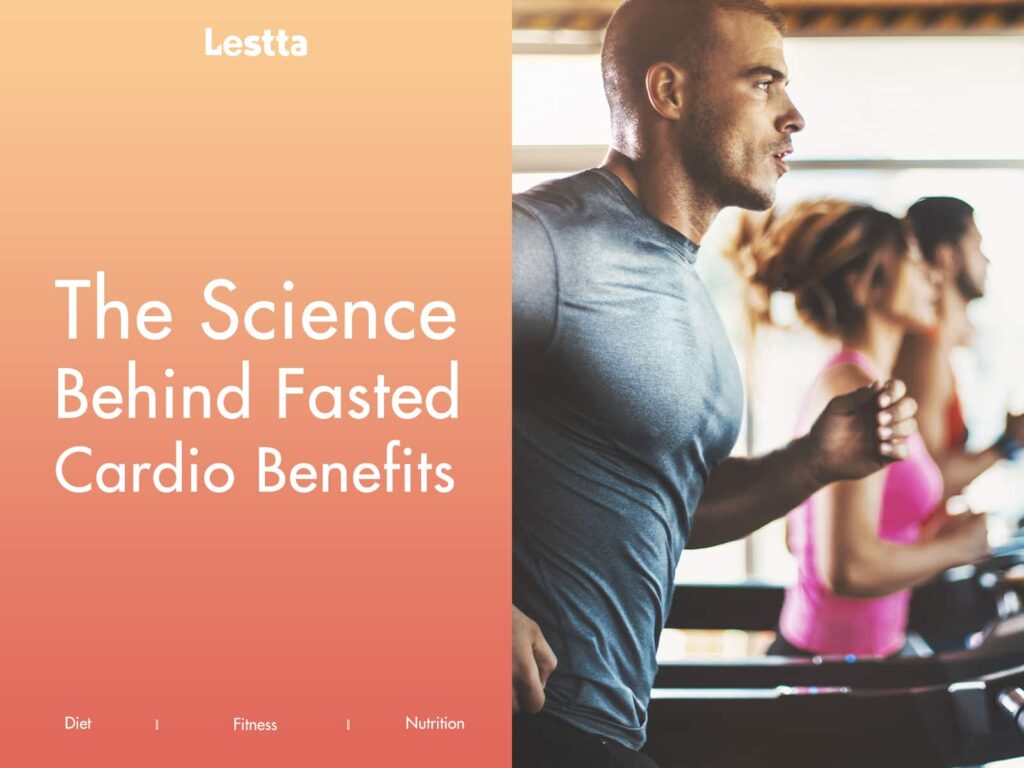
Fasted cardio has gained popularity as a fitness strategy in recent years, with proponents claiming various benefits for weight loss and overall health. In this article, we delve into the scientific research behind fasted cardio to understand its potential advantages.
The Basics of Fasted Cardio
Fasted cardio refers to engaging in cardiovascular exercise, such as running or cycling, on an empty stomach, typically in the morning before breakfast.
The theory behind this approach is that after an overnight fast, the body’s glycogen stores are depleted, leading to a higher reliance on fat as a fuel source during the workout.
1. Enhanced Fat Burning
One of the primary claims associated with fasted cardio is its ability to promote fat burning. Several studies have examined this phenomenon, with mixed results. Some research suggests that exercising in a fasted state may increase fat oxidation during the workout.
However, it’s important to note that the total amount of fat burned over a 24-hour period is what matters most for weight loss, rather than solely focusing on fat oxidation during exercise. Thus, the actual impact of fasted cardio on long-term fat loss remains inconclusive.
2. Metabolic Adaptations
Research suggests that fasted cardio promotes metabolic adaptations that can enhance overall fitness levels. Also, it proposes that training in a fasted state may increase insulin sensitivity and improve the body’s ability to utilize carbohydrates.
However, the evidence supporting these claims is limited, and more research is needed to draw definitive conclusions regarding the long-term effects of fasted cardio on metabolic adaptations.
3. Muscle Preservation
One concern often raised regarding fasted cardio is the potential for muscle loss. That exercising in a fasted state may increase muscle protein breakdown, compromising muscle mass.
However, recent studies suggest that when combined with resistance training and a balanced diet, fasted cardio does not significantly impact muscle preservation. In fact, it may even enhance muscle endurance and promote the growth of new mitochondria within the muscle cells.
4. Individual Variations
It’s important to recognize that the benefits of fasted cardio can vary depending on individual factors such as fitness level, diet, and personal preferences. Some individuals may find fasted workouts more enjoyable or experience positive changes in their body composition.
Whereas, others may not see significant differences compared to exercising after a meal. It’s crucial to listen to your body and find an exercise routine that suits your needs and goals.
Conclusion
Fasted cardio has been touted for its potential benefits, the scientific evidence supporting its superiority over other forms of exercise is limited and inconclusive. Whether you choose to engage in fasted cardio or opt for other forms of exercise, consistency, proper nutrition, and a balanced approach remain key factors for achieving your fitness goals.









